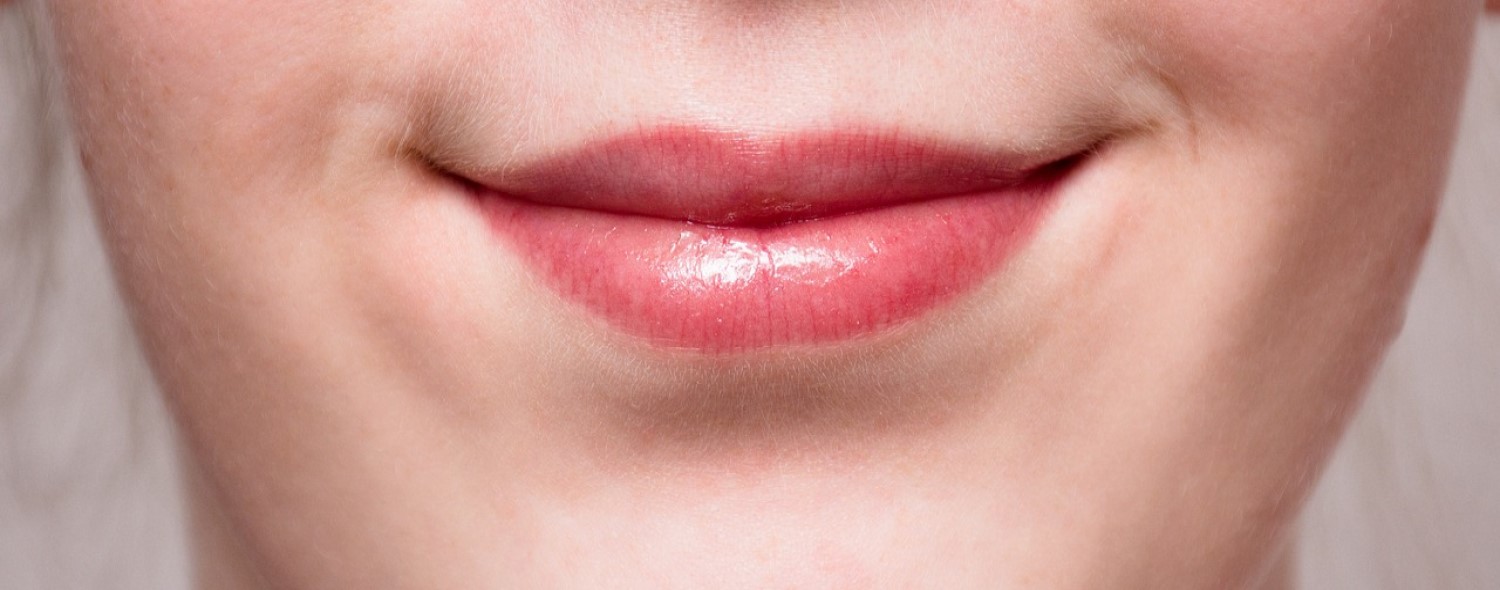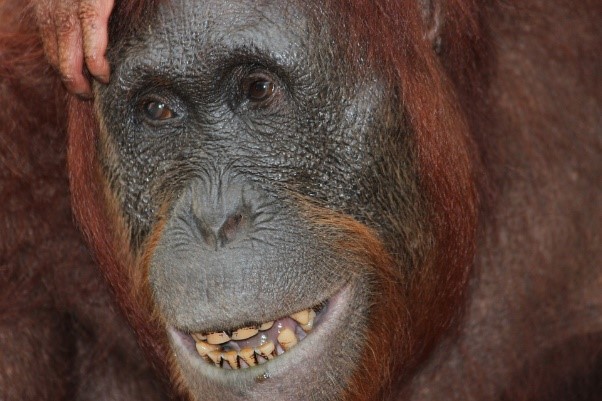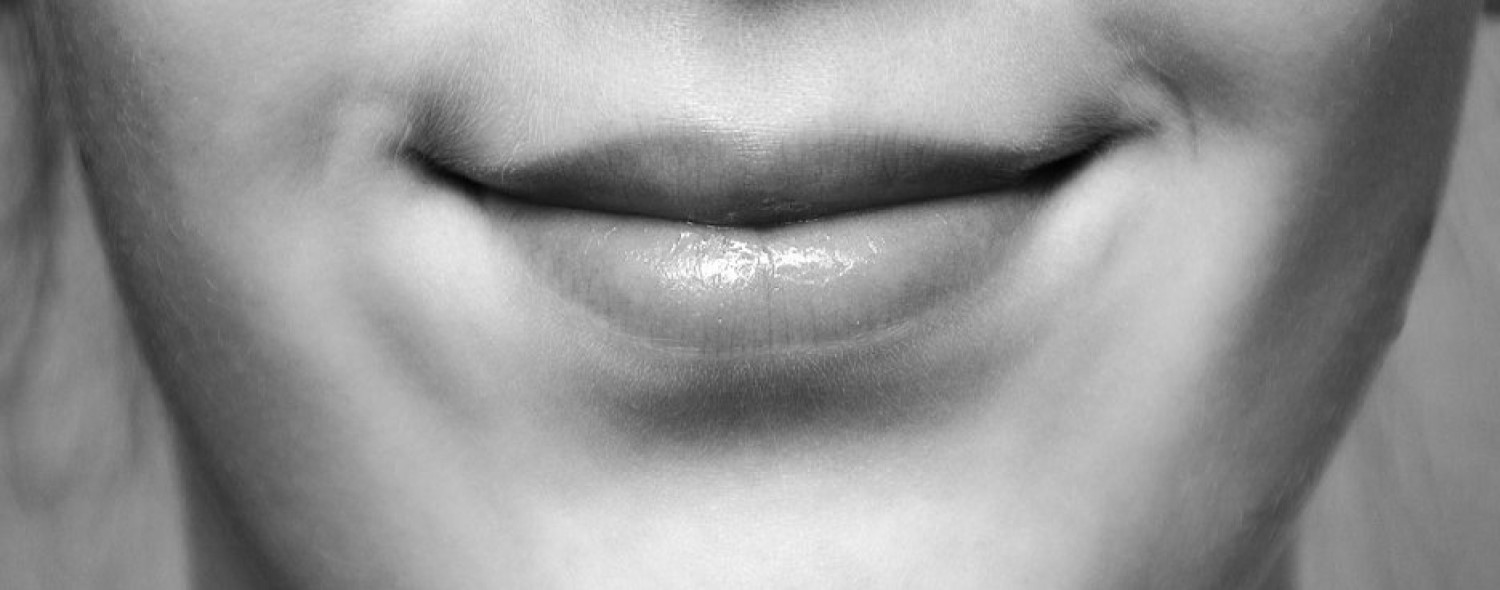Say Cheese! 9 Amazing Benefits of Smiling
There are 19 types of it, it can use between 5 and 53 muscles in our face to create, typically women do it more than men, it can be contagious, it is a universal sign of happiness, on average more than 33% of us do it more than 20 times per day, 14% of us do it less than 5 times per day, while kids do it as many as 400 times per day!!!
Of course, I am talking about a smile. Today’s blog post takes an in-depth look at the types and benefits of smiling. Incidentally, there is also one time when you won’t want to smile – but we will leave that for the end of this blog post.

Intuitively we know that we like being around people who smile more. Studies have shown that people who smile are treated better by others and we expect that our interactions with people who smile to be more rewarding. We also are drawn more to people who smile and see them as being more attractive, competent and likable.
But what are the other benefits of smiling? What does science have to say about the benefits of smiling?
We will get to that in a hot minute, but let’s first discuss…
Types of Smiles
As we said in the introduction, there are many types of smiles, according to a recent article by the BBC, there are 19. Before we get to the benefits of smiling, we will quickly review 2 of the most common smiles:
Duchenne smile – also known as an ‘authentic smile’ because it usually occurs in parallel with positive emotions, joy, happiness, and interest. Originally identified by Guillaume Duchenne, it involves the contraction of 2 muscles in the face: the orbicularis oculi muscle – which is marked by wrinkles in the eyes due to your cheeks being raised, and the zygomatic major muscle – which raises up the corners of your mouth. This is the type of smile where the person is smiling at you with their eyes.
The Pan-Am or Botox Smile – also known as the fake smile, is where you only contract the zygomatic major muscle to show politeness. It is also called the Pan-Am smile as flight attendants for the now-defunct airline would flash it when greeting every passenger. As Botox was introduced in the early 2000s, it paralyzed the small muscles around their eyes muscles meaning they couldn’t give a Duchenne smile even if they wanted to!
Why Smile? The Benefits of Smiling!
Now that we are aware of 2 of the most common types of smiles, let’s look at 9 benefits of smiling. According to the research, smiling may make you:
(1) Live Longer
In a study done at Wayne State, Abel and Kruger found that the pro baseball players who smiled on their baseball cards outlived those who did not. In fact, those who smiled lived an average of 7 years longer than those who did not and 5 years longer than those whose smiles were unconvincing. They also found that, after accounting for factors that make people live longer like a university education and being healthy that there was an even stronger connection between the strength of smile and length of life. Those who did not smile had only a 50% chance of living to 80, whereas those who smiled had a 70% chance of living to 80. They found that 35% of people’s lifespan differences were correlated to the intensity of the smile.
(2) Stay Married
Two studies by the same researchers looked at whether the degree to which people smiled in photos could predict if they would get divorced later on in their lives. One study looked at the degree to which they were smiling in their college yearbook photos, and the other looked at the degree to which they were smiling in photos from early childhood to early adulthood. Both studies concluded that divorce could indeed be predicted by the degree to which people smiled in their photos!
(3) Feel Better
According to researcher Ron Gutman in his TED Talk, ‘The Hidden Power of Smiling’, Charles Darwin stated that the act of smiling makes us feel good, as opposed to us feeling good because we are smiling. Darwin cited the work of Guillaume Duchenne (for whom the Duchenne smile is named), who gave electric jolts to people’s facial muscles to stimulate and induce smiles. Ouch!
(4) Be Successful
In their research, Lyubomirsky S1, King L, Diener E. looked at how happy people are successful in many areas of their lives – work, health, marriage, friendship, income etc. They created a model that showed that the people were happy not only because success made them happy, but because being positive and happy helped create their success.
A pair of longitudinal studies conducted by Seder and Oishi analyzed whether the extent of college freshmen smiling in their Facebook profile photos could predict their self-reported life satisfaction 3.5 years later as they were set to graduate. The results showed that the intensity of their smiles was indeed a unique predictor of how satisfied they were with their lives at that time. They did say however that those who had a more intense smile also had better social relationships their first semester and that part of their increased life satisfaction as they were going to graduate was partially due to that factor. I did not see anything related to the number of keg stands they did during college affecting their life satisfaction, but that would be an interesting study!
(5) Grieve Better
A study done by Bonanno and Keltner that appeared in the Journal of Abnormal Psychology showed that smiling can help people grieve better. During their study, they interviewed people who described their relationship with the recently deceased. They found that the more the subjects smiled or laughed when speaking about the deceased, the better they were handling their grief 25 months after the person passed away.
(6) Be More Likely to Take Care of Your Health
Another study looked at student ID photos and concluded that those who smiled in their photographs were more likely to visit preventative health care centers, which is a positive health behavior.
(7) They are Contagious!
We all know that smiling is contagious and that when someone smiles at us we almost always smile back. But why is that? Well, researchers at Uppsala University have found that it is hard to frown at someone who smiles at us because it is evolutionary contagious which means we lose the usual control we have of our facial muscles. It turns out that there is a shortcut to a part of our brain that is responsible for recognizing expressions and faces and we bypass that area that does the conscious processing. So, smile – it is contagious!

(8) Feel Better and Lower Stress
A study done by Kraft et al investigated “whether covertly manipulating positive facial expressions would influence cardiovascular and affective responses to stress”. 1 The results showed that those who smiled had lower heart rate than those who did not – with a slight to those who had Duchenne smiles. They reported both positive psychological and physiological effects from having positive facial expressions when stressed.
(9) It Can Change Your Mood
In a famous study done back in the 80s, the researchers asked people to read Far Side comics with either a pen held between their lips (to force a pout) or between their teeth to force a smile.
They found that those with the forced smile found the comics funnier than those with the forced pout. Their conclusion was that by forcing a smile we can affect our moods.
Or Not?
Their research was called into question recently when some researchers could not replicate their results using the same 1980’s comics concluding, “Overall, the results were inconsistent with the original result.”
This doesn’t mean the original study was inaccurate, as a bunch of people have been able to replicate the study. It just means this team was unable to replicate their results, which could be due to a variety of reasons including the fact that people these days may not find Far Side comics funny anymore!
Gotta love science!
There is 1 Time When Smiling May Not Benefit You
At least according to this study, which showed that if you are going to fight, you probably shouldn’t smile! Researchers compared fighters pre-fight photos with whether they won or lost and found that winning fighters didn’t smile as much as losing fighters did! Apparently, they found that while smiling, on one hand, does show friendliness, on the other hand, it shows you aren’t hostile or aggressive.
So, unless you are getting ready to try and kick someone’s ass…
SAY CHEESE!!!

OH, COME ON, LIGHTEN UP BIG GUY, I JUST EDUCATED YOU ON ALL THE BENEFITS OF SMILING
AND YOU DEFINITELY LOOK MORE LIKE A LOVER THAN A FIGHTER.
SO, LET’S TRY THIS ONE MORE TIME…
SAY CHEESE!!!

GOOD BOY!!!
Until next time, unless you are getting ready to put up your dukes, start flashing those pearly whites and as always…PYMFP!
–Rick
Use It or Lose It:
Now that you know some of the benefits of smiling, it’s time to get your smile on!
When to Use It:
Always! Except when you are getting ready to put up your dukes – which I hope is never!
What Do You Think?
Are there any other benefits of smiling that you know of other than the ones discussed here? Please share in the comments below!
If you enjoyed this post, it would mean the world to us if you shared it with people you care about via any of the social media platforms below!
Popular Previous Posts:
How to Find a Mentor in Your Life!
This is How I Learned How to Learn Faster
Investing in Yourself: This is How I Sharpen the Saw
This is How I Used Habit Stacking to Make My Bed
The Eye in the Sky Never Lies: Handling Constructive Criticism
References
Abel E. and Kruger M. (2010) Smile Intensity in Photographs Predicts Longevity, Psychological Science, 21, 542–544.
Papa, A., & Bonanno, G. A. (2008). Smiling in the face of adversity: The interpersonal and intrapersonal functions of smiling. Emotion, 8(1), 1-12
Hertenstein, M.J., Hansel, C.A., Butts, A.M. et al. Motiv Emot (2009) 33: 99. https://doi.org/10.1007/s11031-009-9124-6
The benefits of frequent positive affect: does happiness lead to success?Lyubomirsky S1, King L, Diener E.
Bonanno, G. A., & Keltner, D. (1997). Facial expressions of emotion and the course of conjugal bereavement. Journal of Abnormal Psychology, 106(1), 126-137
Intensity of Smiling in Facebook Photos Predicts Future Life Satisfaction
- Patrick Seder and Shigehiro Oishi,Social Psychological and Personality Science, Vol 3, Issue 4, pp. 407 – 413, First Published October 18, 2011
Cross, M. (2016). Does a Smile on Picture Day Keep the Doctor Away? The Connections between Facial Expressions in Student Identification Photographs and Health Care Center Visitation. UC Irvine. ProQuest ID: Cross_uci_0030M_14038. Merritt ID: ark:/13030/m5w717m6. Retrieved from https://escholarship.org/uc/item/267407kw
1 Grin and Bear It, The Influence of Manipulated Facial Expression on the Stress Response, Tara L. Kraft, Sarah D. Pressman, First Published September 24, 2012

